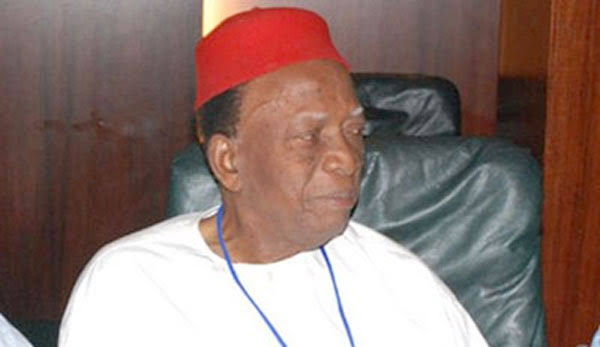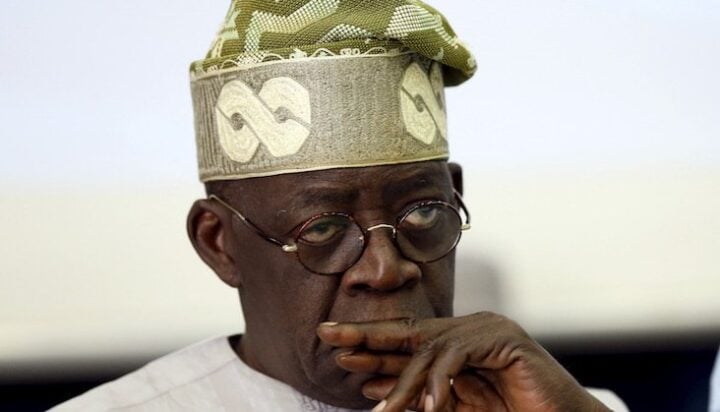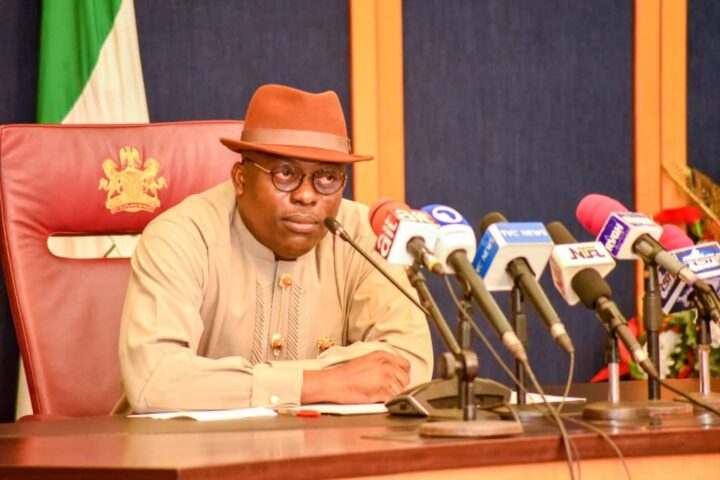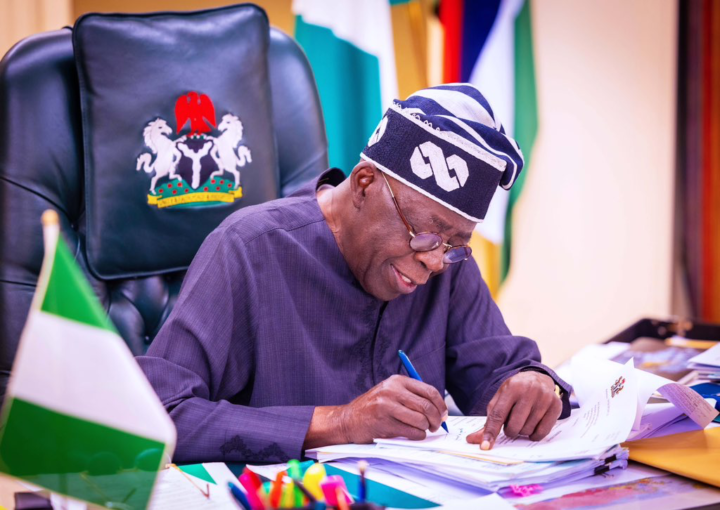Ben Nwabueze has gone to rest. A giant star from the galaxy of African intellectuals has transcended into the great beyond. He died on Sunday after a long-term battle with prostate cancer. A family source said he died at the age of 94.
Nwabueze was a legal luminary, teacher, and thinker whose impact continues to reverberate across multiple African countries. He played a major role in drafting the 1979 constitution in Nigeria. He was credited for his roles in putting together constitutions in Zambia and Kenya.
He was a seasoned scholar who taught constitutional law in Nigeria, Zambia, and the UK while sitting on the senate of several prestigious universities. He is also an accomplished author.
Nwabueze was an elder statesman who owned up to the “misguided” 1979 constitution and its consolidation of enormous power to the federal government. He fought to correct his shortcomings until the end of his days.
Advertisement
The father of 10 children died an accomplished man but for one unfulfilled promise. In 2018, he pledged not to die until Atiku Abubakar, the former vice president, becomes president of the country. It is ironic that Nwabueze died just a week after Atiku lost another election appeal at the supreme court.
EARLY LIFE
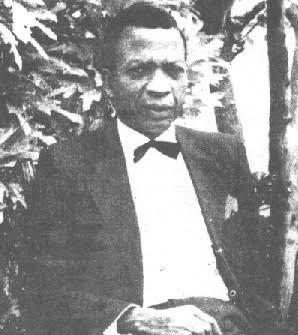
Benjamin Obi Nwabueze was born in Athani, Ogbaru LGA of Anambra state. He attended CMS Central School in his town for his primary education before proceeding to CMS Central School, Onitsha, for secondary school from 1947 to 1950.
Advertisement
Nwabueze went on to study at the London School of Economics and Political Science, University of London, before advancing to the School of Oriental and African Studies at the same institution.
Shortly after, he became a senior lecturer at Holborn College of Law, London. Nwabueze returned to Nigeria and took a lecturing job at the University of Nigeria, Nsukka (UNN) until 1970.
A year later, Nwabueze began to impact legal knowledge outside the country’s shores again. He became the dean of the law faculty of the University of Zambia.
His academic journey was accompanied by a litany of books and journal publications on his experience across a continent slowly emerging from colonial influence and legal framework.
Advertisement
In 1978, he earned a Doctor of Laws (LL.D) from the University of London.
Nwabueze was a pioneering member of Ohanaeze Ndigbo, a pan-Igbo socio-cultural group founded in 1976. He would later serve as the organisation’s secretary-general.
THE 1979 CONSTITUTION AND UNITARY SYSTEM OF GOVERNMENT
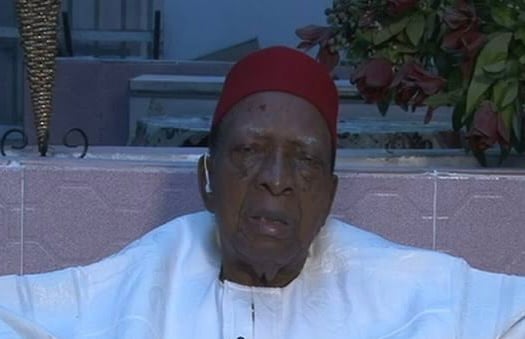
Once the military took over power in 1966, the 1963 constitution was sidelined as regimes usurped one another with little regard for the rule of law.
Advertisement
However, after over 14 years of military dictatorship in Nigeria, the junta, headed by Murtala Muhammed and Olusegun Obasanjo, heeded the people’s clamour for a return to democracy.
The military government began the process by appointing a committee to draft a new constitution, a legal blueprint for a fresh beginning.
Advertisement
Nwabueze was a leading member of the Constitutional Drafting Committee (CDC), which was chaired by the late Rotimi Williams,
“I drafted the whole of chapter two of the constitution in my house,” Nwabueze said in an interview with Channels TV in 2018.
Advertisement
The brainwork of the CDC was the 1979 constitution, which ushered in Nigeria’s second republic.
The constitution was criticised for eradicating the devolution of power among the three arms of government as established by the 1960 and 1963 constitutions. The 1979 body of law stripped some control from the regional government and gifted it to the central government.
Advertisement
The 1979 constitution created the template of an all-powerful federal government, which subsequent amendments of the law would adopt.
Nwabueze said the decision to increase the power of the federal government was informed by an attempt to achieve “unity” in the country.
“That’s the idea of federalism which was observed in the 1960 and 1963 constitutions. We abandoned it in 1979 and went for a unitary constitution, one constitution for the federal government and none for the state governments. That was a fundamental departure from the principles of federalism,” he said in an interview with Vanguard in 2014.
“It is a unitary constitution, more or less in the devolution of powers. The federal government is all-powerful. Its powers are all-encompassing. We took 50 per cent from the concurrent list of matters and merged them into the exclusive list. We also went to residual matters, took almost 50 per cent and put it on the exclusive list. We took so many other things.
“And why did we do that? We must take into consideration the circumstances in the country at that time. In 1976, ’77, ’78, everybody was talking about unity. So, we thought the best way to achieve that unity was to create a powerful centre, and we thought that once you have a powerful centre with so much power, you will achieve unity. That was the situation at the time. You don’t blame us because you must take into account the circumstances at that time. The feeling that people had was that unity was overriding and that you could achieve it by putting so much power in the centre.”
However, Nwabueze admitted that the devolution of power was “misguided.” He added that the attempt to create unity in the country transmuted into “disunity”.
“We were misguided, and that’s the truth. In a number of public statements, I have frankly admitted that we were misguided, that we were guided by the feelings at the time in the country,” he said.
“It turned out that putting too much power at the centre was an invitation for disunity. Yes, that was what happened—disunity. Struggle for control at the centre with all that power led to disunity, and that is what landed us to where we are today.”
DRAFTING CONSTITUTIONS IN OTHER COUNTRIES
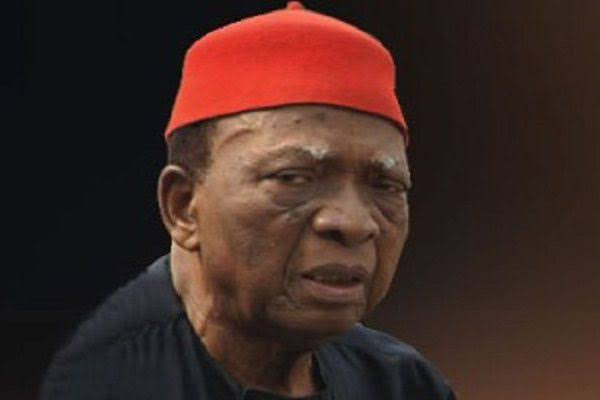
He was a member of the Constitution Drafting Committee (CDC) for Zambia in 1973 and a constitutional adviser to the government of Kenya in 1992.
According to Emeka Anyaoku, a former secretary-general of the Commonwealth of Nations, Nwabueze “single-handedly drafted the Kenyan constitution, which saw the country move from a one-party system to a multiparty democracy.”
“In 1992, when I was still the Commonwealth secretary-general, I advised the then Kenyan president that his country should move from a one-party system to a multiparty democracy,” Anyaoku told Vanguard.
“He asked who would do the tedious job, and I suggested Prof. Ben Nwabueze to him because I knew he possessed what it took to achieve that feat. It’s on record that Prof. Nwabueze single-handedly drafted the Kenyan constitution, which saw the country move from a one-party system to a multiparty democracy. With this book, I believe Prof. Nwabueze’s continuous love and commitment to make the country a better place for all.”
Nwabueze was appointed minister of education in 1993 but held the position for just eight months.
CALL FOR THE ABOLISHMENT OF THE 1999 CONSTITUTION
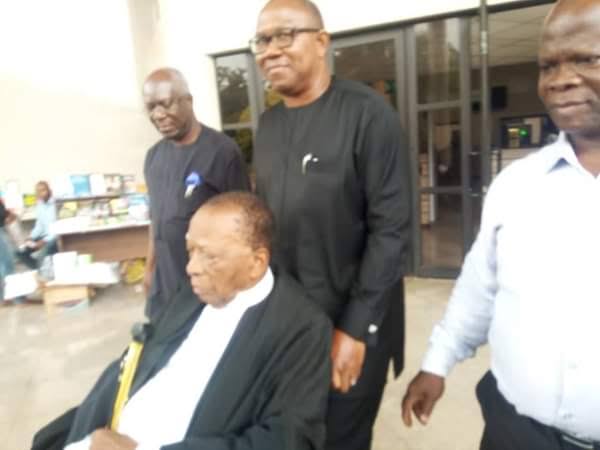
Nwabueze was one of the leading voices calling for the total sideline of the 1999 constitution to be replaced with a new one.
In 2017, Nwabueze led a coalition called the “Southern Leaders of Thought” and called for the total overhaul of the 1999 constitution.
According to the leaders, “restructuring is not a matter that can be implemented by amendment of the 1999 Constitution” as it “imperatively requires a new Constitution adopted or approved by the people at a referendum”.
“It is sad that, while a clamour for restructuring is reaching a crescendo and is sweeping across the country, the National Assembly is still regaling us with talks about constitution amendment and is buttressing its position by the erroneous assertion that the 1999 Constitution can only be amended or altered (sections 8 and 9), but cannot be abolished and replaced by a new constitution,” the coalition said.
“The view that the 1999 constitution cannot be completely abolished and replaced by a new constitution is erroneous because the National Assembly fails to take into account the fact that the 1999 constitution is only a schedule to Decree 24 of 1999.
“That decree is an existing law under Section 315 of the 1999 Constitution and, like all existing laws within federal competence, can be repealed by the National Assembly. Upon the repeal of the decree, the 1999 Constitution completely disappears from existence.”
‘I WON’T DIE UNTIL ATIKU BECOMES PRESIDENT’
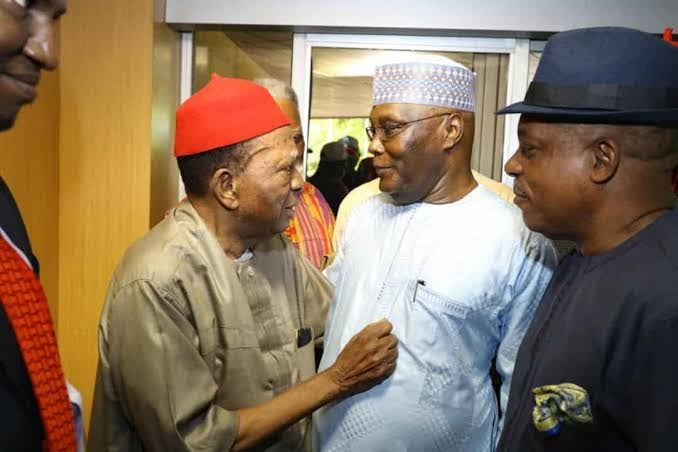
During the lead-up to the 2019 election, Nwabueze endorsed Atiku, the presidential candidate of the Peoples Democratic Party (PDP).
When Atiku visited him in Enugu, he embraced the former vice president and made a solemn promise.
“I will not die until you become president,” Nwabueze told Atiku.
Former President Muhammadu Buhari, however, defeated Atiku at the poll, but the opposition took the matter before the election tribunal.
Nwabueze became the lead counsel for Atiku at the age of 87. He appeared before the election tribunal in a wheelchair.
Add a comment
